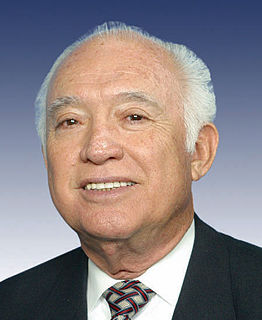A Quote by Bill Dedman
Polygraphs are not allowed as evidence in most U.S. courts, but they're routinely used in police investigations, and the Defense Department relies heavily on them for security screening.
Related Quotes
I agree that we have to have the toughest screening and vetting that we can have, but I don`t think a halt is necessary. What we have to do is put all of our resources through the Department of Homeland Security, through the State Department, through our intelligence agencies, and we have to have an increased vetting and screening .
The DOJ has employed these investigations in communities across our nation to reform serious patterns and practices of force, biased policing and other unconstitutional practices by law enforcement. I'm asking the Department of Justice to investigate if our police department has engaged in a pattern or practice of stops, searches or arrests that violate the Fourth Amendment.
I found Viola Desmond was the first woman whose case was taken up in the courts, and it wasn't that she tried to sue them for throwing her out of the theatre; it was that they took the law and used it to arrest her. That was really shocking to me. We had no laws in Canada actually requiring segregation, like they did in the United States. But here we had people using the law - the amusements tax act - to enforce segregation, and our courts allowed them to do that.
































